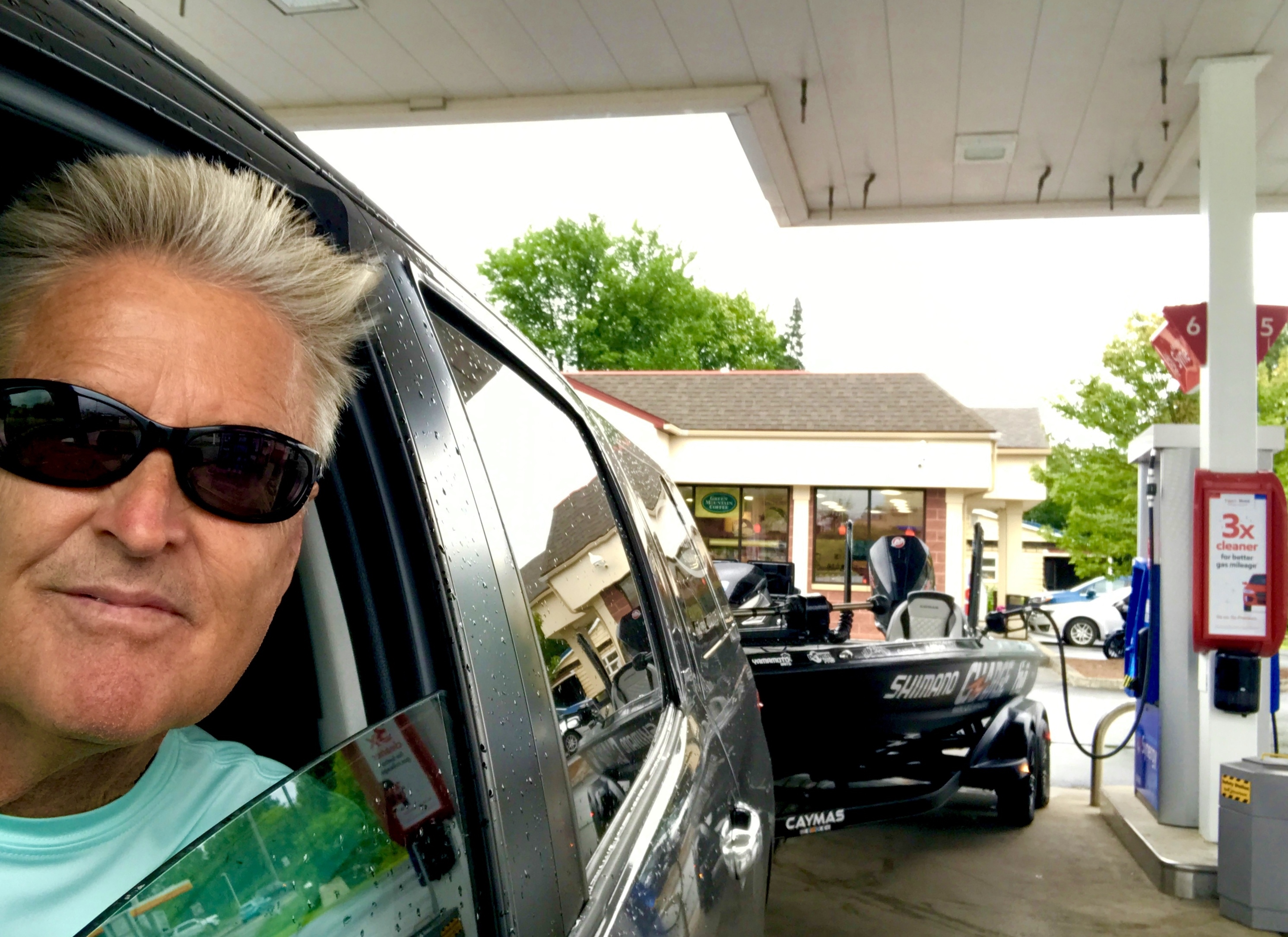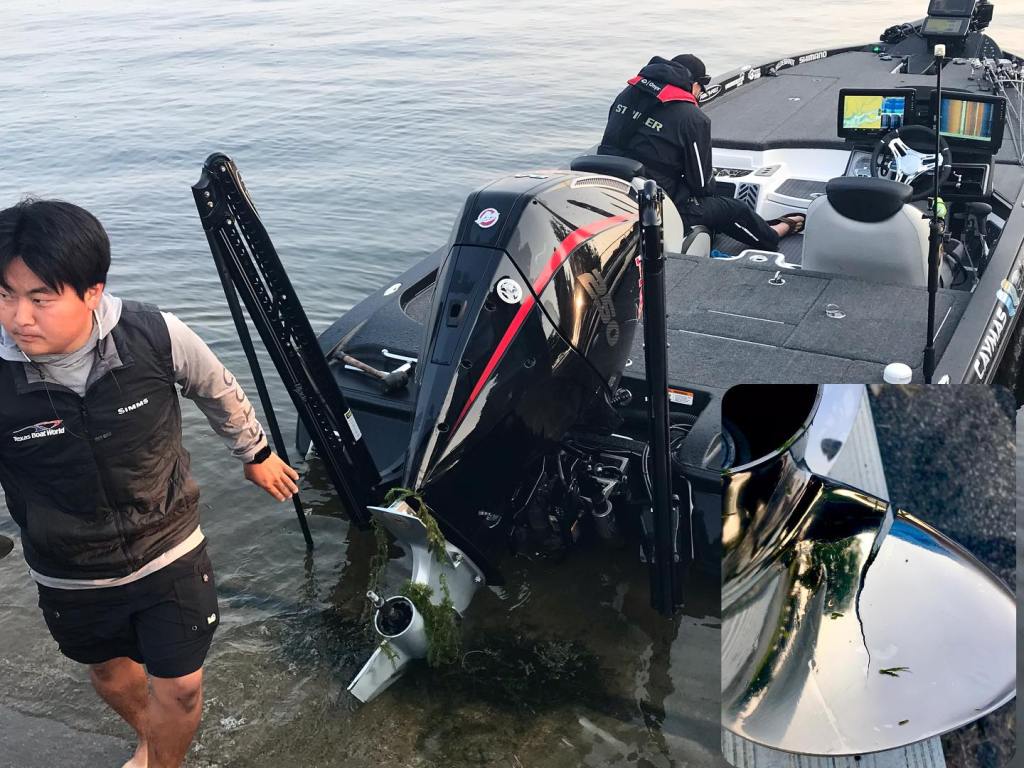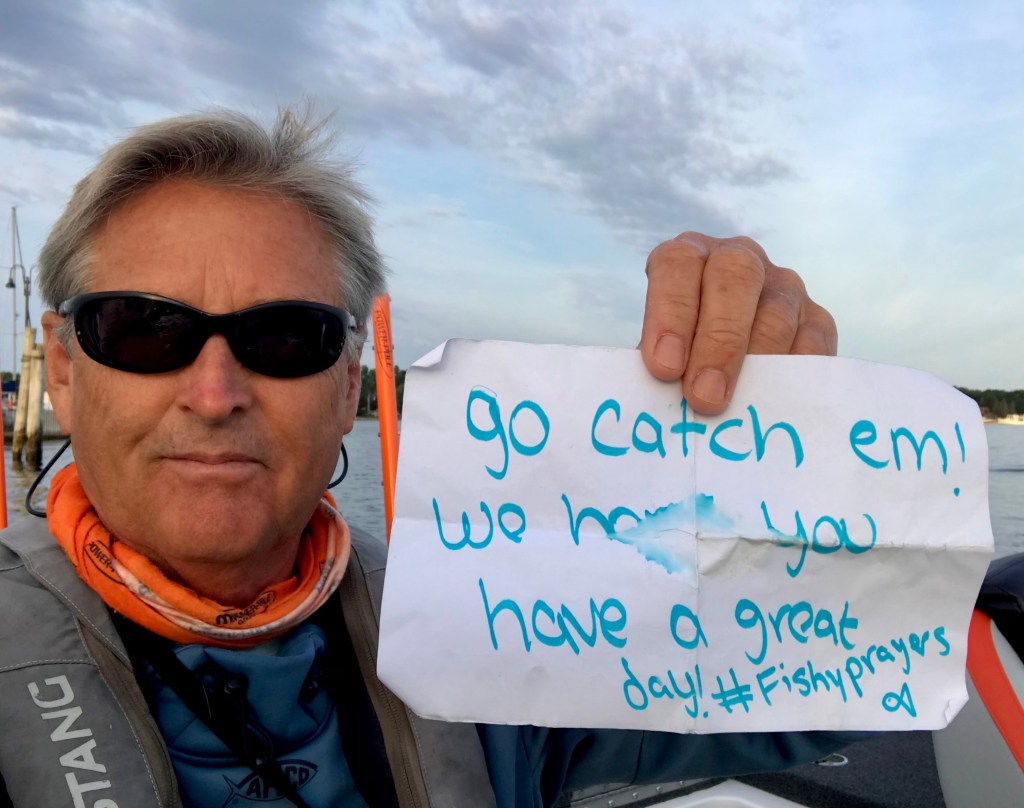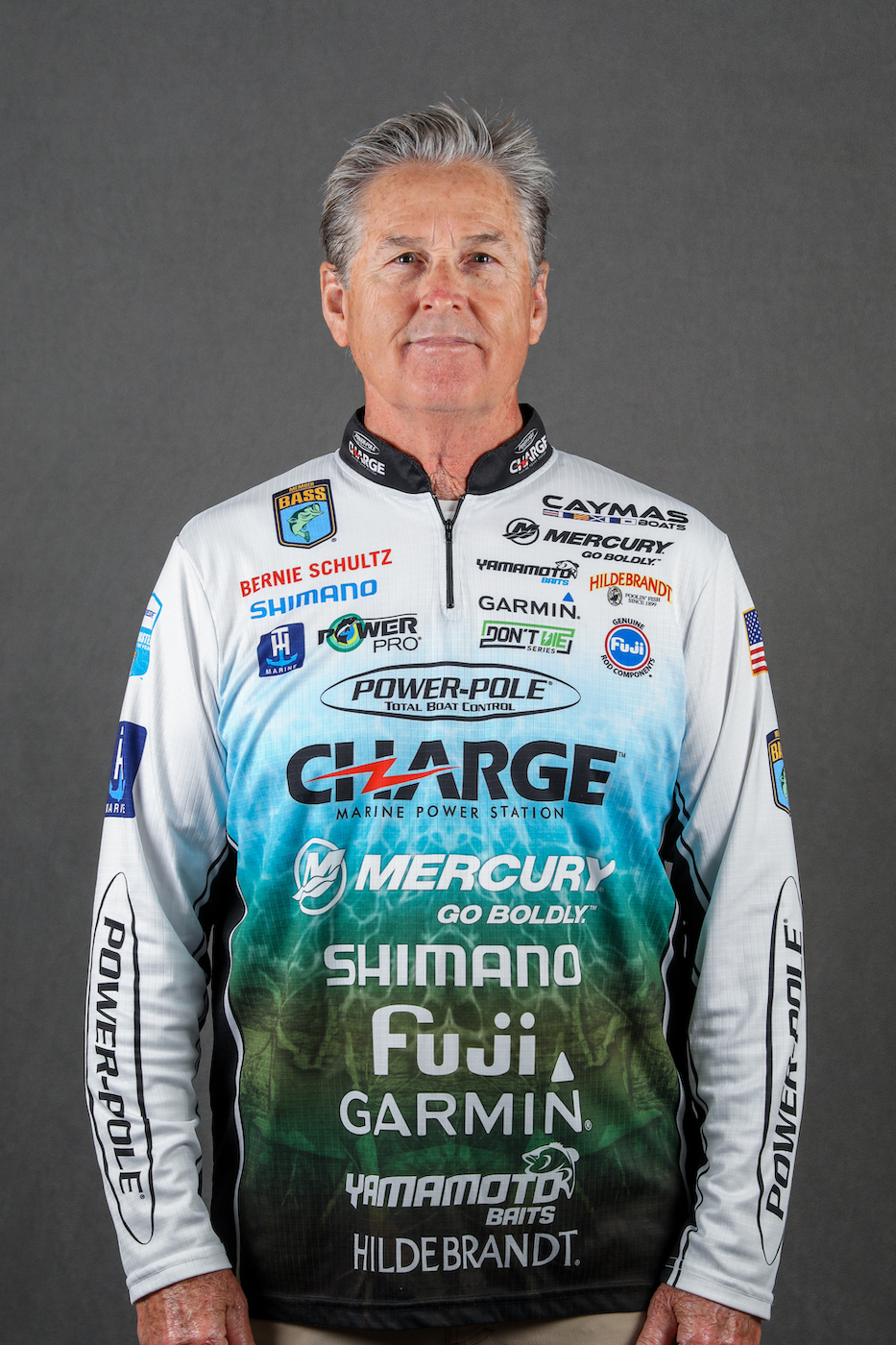
At any level of the game, competitive anglers are gamblers. And on the Bassmaster Elite Series, we’re talking high stakes.
At the Elite level, entry fees are $5,000 per event, nearly $50,000 for the season. Add to that the cost of travel, lodging and meals, the numbers quickly escalate. And that doesn’t even include the equipment needed to compete.
Depending on the extent of your electronics package and other accessories, the cost of a fully rigged tournament boat can easily approach $100,000. Then factor in a tow vehicle, fuel and maintenance.
Contrary to what many fans believe, not all Elite level anglers are fishing in fully comped rigs. Some are, but most merely receive discounts or delayed billing options, which vary from angler to angler, company to company.
So how do the pros manage these expenditures while keeping their minds focused on competition? Good question!
Ante up
I’ve been competing in B.A.S.S. events for decades, and I’ve watched the sport grow in the number of competitors and tours. But with that growth has been a disproportionate increase in the cost of doing business.
My first sponsor was Visa. I’m joking, of course. What I couldn’t pay for out of pocket, I put on a credit card. I’m sure that’s true for many of the young anglers starting out today. Although risky, credit can buy you time and access. And without it, many can’t play the game.
When I purchased my first bass boat, I think the total cost was around $7,500 — a fraction of today’s prices, but a lot of money to me at that time. With the rising costs of materials and labor, today’s prices are only going up … and up.
Next year will be my 20th on the Bassmaster Elite Series, and quite possibly my last. I’m aging out, and I’m fully aware of that. That’s why I feel compelled to share the harsh realities of trying to make competitive fishing a profession. No matter how qualified or talented an up and comer might be, staying in the game can prove to be an insurmountable challenge. If you have a family or others depending on you, that raises the stakes even higher.
Many think sponsorships are the answer and that they’re easy to acquire. Trust me when I tell you they are not. And when you do secure one that pays, they’re not easy to keep.
There are a few companies eager to sign the hot, new stick who shows potential, but those deals are limited in number, and they don’t always last.
For most, first-time deals are comprised of product allowances and/or discounts. And while that helps, it doesn’t pay the bills or ensure a future in the sport. In fact, many who enter the top tiers of competitive fishing are gone within a few short seasons. Attrition is high.
Even worse, many who are forced out due to lack of tournament success and sponsorship support, leave with a substantial amount of debt they must pay off even after making their last competitive cast.

All In
It might surprise you how many Elite Series anglers have other jobs or businesses to help finance their participation. While a few have family money to back them, the vast majority rely on sponsorships and other sources of income. No one survives on winnings alone.
As I mentioned, my credit cards were my first backers. Without them, there’s no way I would have been able to compete. I was lucky, though. I realized quick success and was able to stay out of debt. I was also based in Florida — a key market that many companies wanted to penetrate at the time. As a result, I picked up several paying sponsors in just a couple of years.
It seemed the more I accomplished on the water, the more my phone rang. But that was only in the very beginning. Soon, I realized what I did off the water was just as important … even more so, perhaps. I booked as many tackle and boat shows and in-store promotions as possible, working with the companies whose products I believed in. Those efforts have paid huge dividends through the years.
Back then, recruitment wasn’t nearly as structured as it is today. We had small clubs — some of which were affiliated with the B.A.S.S. Nation — but outside of that, it was purely local and regional competitions that provided the stepping stones. Then Operation Bass (later FLW and now a part of MLF) entered the market, offering opportunities for weekend anglers to showcasetheir skills.
Today it’s much different. There’s an emphasis on high school and college recruitment, with a handful of scholarships being awarded. Just look at the Elite Series roster, especially going into 2025. It seems half the field will be under the age of 30. When I started, the average age was over 40.
To supplement our tournament winnings and sponsorship dollars, we booked speaking engagements throughout the offseason … sometimes during it. It was a great way to add income. But then show promoters figured out that most high-profile anglers are contractually obligated to “free days” — comp days dedicated to specific sponsor’s needs. Realizing that, the promoters found ways to leverage those free days, which meant no more lucrative per diems.
Nowadays, social media and various other platforms offer anglers ways to generate income. YouTubers and podcasters attract followers and, as a result, they’re perceived as “influencers” by companies looking to penetrate the market. Yet, there’s a caveat. As more and more try to monetize themselves through these platforms, then comes the issue of saturation — too many players at the table.

Rolling the Dice
Contrary to how it might seem, I’m not trying to spoil anyone’s dream. If you have the desire and necessary skills, I say go for it. But be forewarned. It’s not all fun and games. And keep in mind the personal price you’ll pay by being on the road — missed family events, like weddings, births, burials, etc.
For much of my career, I was an absentee husband and dad … precious time lost with my wife and two sons. And that’s time that I’ll never get back.
Any way you cut it, competitive fishing is high-stakes gambling, and it can be brutally unfair. Some will win, most will lose. All will pay a price.
It boils down to how badly you want it and whether or not you’re able to stay in the game long enough to see a payoff.
Follow Bernie Schultz on Instagram, Facebook and through his website.





